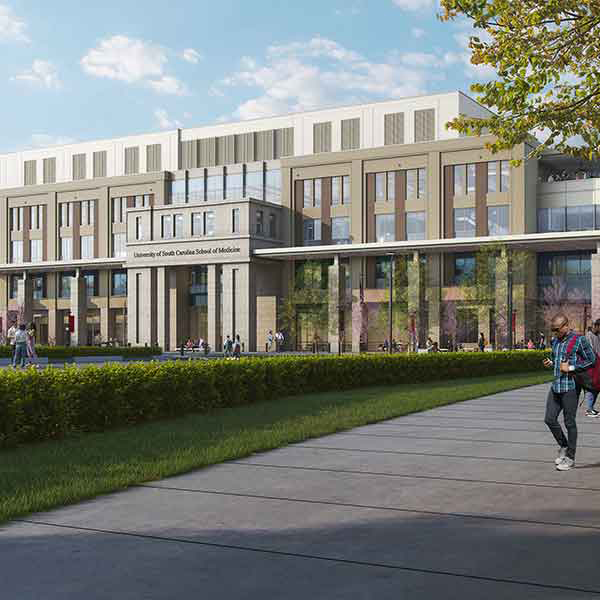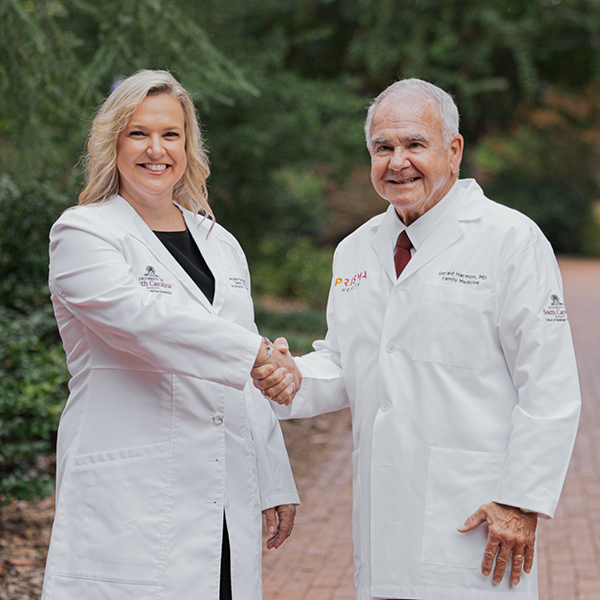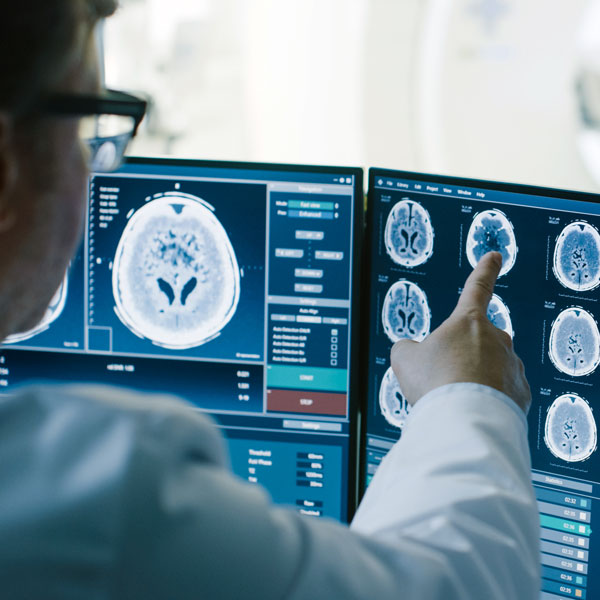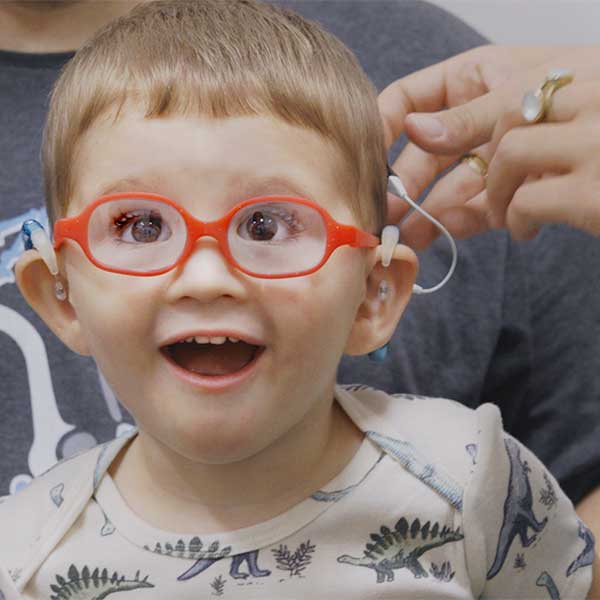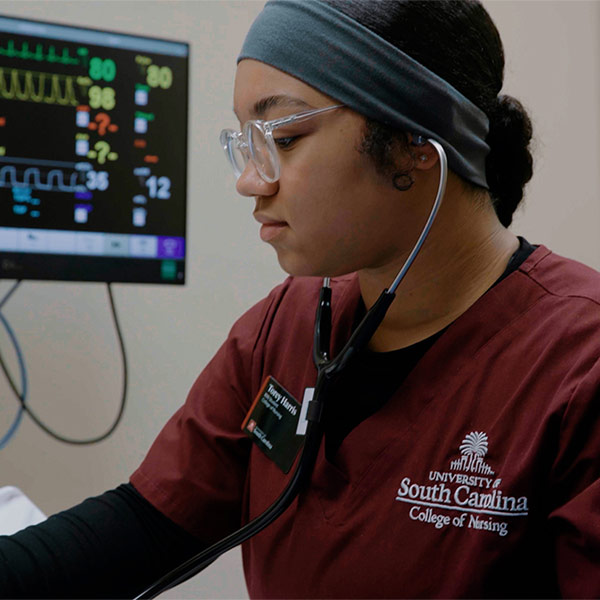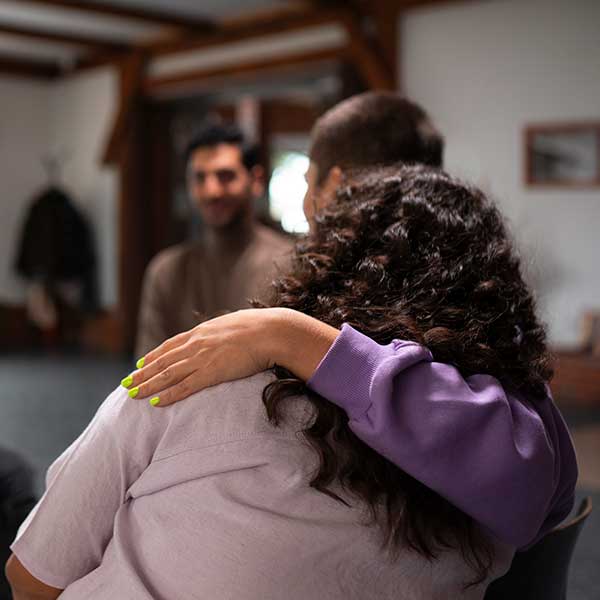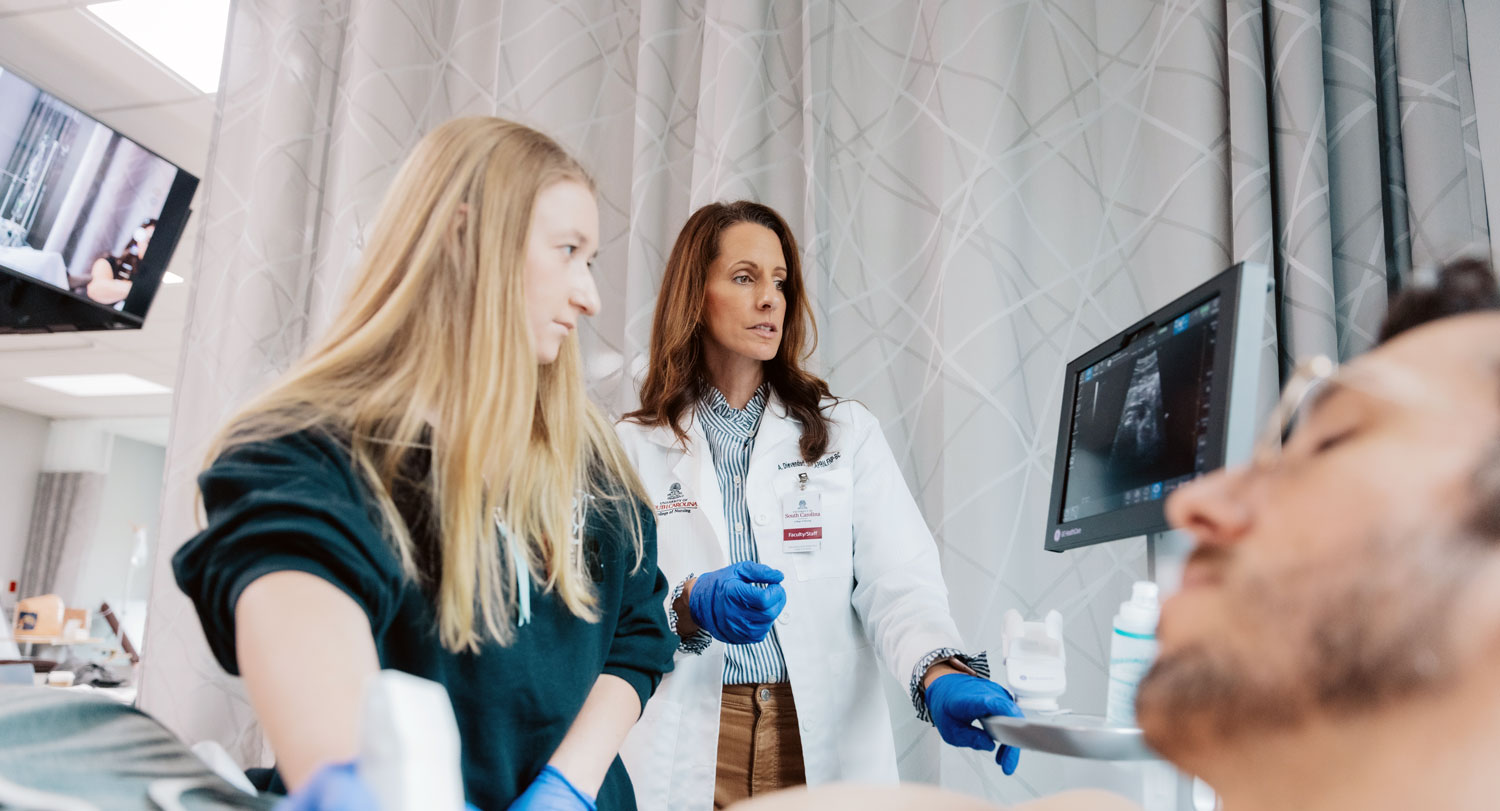
As a small state with an aging and rapidly growing population, South Carolina faces a shortage of health care professionals — even as it confronts high rates of chronic diseases like heart disease, stroke, diabetes and cancer.
The challenges are significant, but the University of South Carolina is working every day to address them head-on. With two medical schools, colleges of pharmacy, nursing and social work, and the state’s only school of public health, USC is educating the future nurses, doctors, pharmacists and public health workers who will serve our communities for years to come.
From workforce development to community outreach, improved diagnostic and rehabilitation capabilities and more, USC is committed to raising the bar for South Carolina’s health.
Here are just a few of the ways that USC is building better health in South Carolina.
In February, USC broke ground on a facility that will redefine the future of health care education and research in South Carolina.
The new School of Medicine Columbia — expected to be completed in August 2027 — will be a cutting-edge, 300,000-square-foot-plus medical education and research facility. The relocated school will be part of USC’s transformative $300 million Health Sciences Campus, amid 16 acres in the city of Columbia’s reimagined BullStreet District.
Designed with innovation and collaboration in mind, the facility will feature modern classrooms, medical simulation spaces, a health sciences library, interdisciplinary research labs and a café. Outdoor courtyards and green spaces will provide serene environments for study and connection to foster a vibrant academic community for students, faculty and staff.
“As the first component of our Health Sciences Campus, the new medical school building highlights USC’s commitment to leadership for the next era of innovative health care education and research,” said President Michael Amiridis.
Without a primary care physician, costs can go up — or worse. A sore throat could result in an emergency room visit. Care could suffer if a patient is seeing multiple specialists but there is no primary care doctor coordinating.
The Cicero Institute predicts that by 2030, South Carolina will be short 3,230 doctors — with 815 of those doctors missing from primary care. To help address this, both the School of Medicine Columbia and the School of Medicine Greenville are working to recruit and retain more students who intend to work in primary care in the state.
“A good primary care workforce reduces the cost of health care across the nation,” says Dr. Phyllis MacGilvray, dean of the University of South Carolina’s School of Medicine Greenville and a native of Abbeville, South Carolina. “One of the things I hoped about becoming dean as a family medicine doctor is being able to circulate the importance of good primary care.”
MacGilvray isn’t alone in this mission: Dr. Gerald Harmon, USC School of Medicine Columbia’s interim dean, is also a family medicine specialist. A past president of the American Medical Association, Harmon says family medicine is especially relevant in South Carolina because of the aging population, with about 27 percent of the population projected to be over age 60 by 2030.
Harmon says the challenge has to be met from several angles.
“The way we’re going to make progress is not just by recruiting more health care providers, but by reducing the burden of disease,” he says.
Today, many South Carolina residents have to travel out of state for complex neurological care, including rehabilitation from traumatic brain injuries. To solve this problem, USC is embarking on a unique journey to build the state’s first stand-alone medical facility dedicated to integrated care of patients with brain and nervous system illnesses.
The new facility is part of a broader commitment to brain health that also includes a network of clinics throughout the state to serve residents who have limited access to neurological care.
USC’s highly specialized center would offer advanced neurological and neurosurgery treatments, as well as neurological rehabilitation for trauma, stroke, cancer and other conditions. The innovative clinical center would be the first of its kind in the Southeast. It is planned for the Health Sciences Campus in the BullStreet District.
“As USC expands its efforts to provide the highest quality medical education to South Carolina students and serve the state’s health care needs, building a single location for neurological treatment and rehabilitation is a vital next step,” said USC President Michael Amiridis
Imagine you’re just a few months into your journey as a parent when you begin to notice that something seems off. A dog barks, but your child isn’t startled. You softly call her name, but she doesn’t turn her head. Your friends’ infants are starting to make cooing sounds or say “mama” and “dada” — but your child isn’t.
In South Carolina, 97 percent of newborn infants are screened for hearing ability — and 3.1 percent do not pass. At the Arnold School of Public Health, there’s a clinic that can help.
Follow the story of a young boy named Finn as he moves from a world of limited hearing to one where he can understand and engage with the sounds around him — all thanks to team members at the Montgomery Speech-Language-Hearing Clinic, which offers top-tier evaluation and treatment to individuals with communication disorders.
It would be hard to miss the rising profile of the University of South Carolina’s College of Nursing.
Last summer, USC and Lexington Medical Center opened a 52,000-square-foot facility to train the next generation of nurses and help address the state and nation’s nursing shortage. The satellite clinical education building will support a growing nursing student population and better prepare them to transition from education into the nursing workforce.
This fall, the College of Nursing is launching the state’s only accredited nurse-midwifery education program.
The college is also gaining recognition nationally. Its undergraduate program ranks in the Top 10 percent nationally, its online graduate program is ranked No. 1 in the country, and the university’s nursing students are in the Top 1 percent in the U.S. for their pass rate on the NCLEX-RN exam.
In addition to the nursing program on the Columbia campus, BSN degrees are offered at each of USC’s comprehensive universities.
A new clinic expected to launch this summer will provide free care for those in South Carolina with limited access to counseling services either because of gaps in service, financial and insurance concerns, or their location in a rural community.
The student-operated, faculty-directed clinic, a project of the School of Medicine Columbia’s Counseling and Rehabilitation Program, initially aims to alleviate the shortage of providers for rural residents in Bamberg, Calhoun, Fairfield, Orangeburg and Chester counties. It also will provide a practicum opportunity for students in the program with a goal of developing and maintaining a pipeline of counselors who stay and work in their communities.
Internships are sourced through partnerships with state agencies, hospitals, community organizations, advocacy centers and care providers.
“These experiences provide real-life insight into the field by providing the opportunity to translate and use what I’ve learned outside of class,” says Anye’a Pinnock, who will complete her master’s degree this summer.
Taryn Richardson, who serves as practicum and internship coordinator, says the program is able to serve both students and the community.
“We’re able to give back to the community by offering services, providing resources and addressing the needs of those who may fall through the cracks, while also training our students,” she says. “We can harness the passion of our students with a built-in training opportunity to offer service to their communities.
